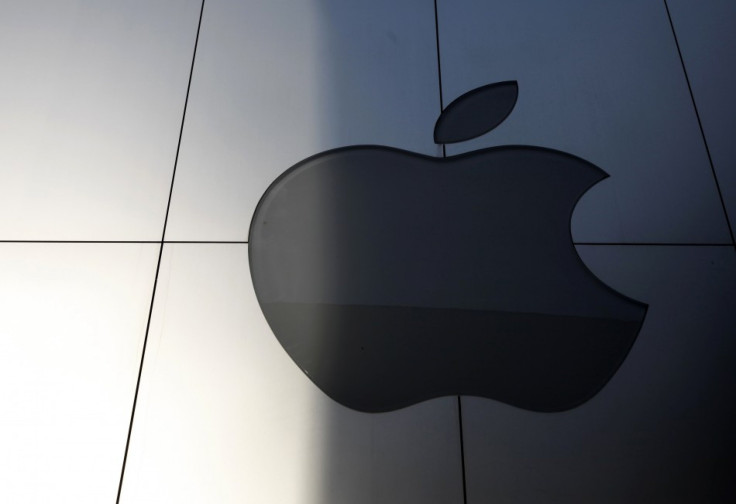Apple Sidestepping Taxes? Try Telling The 26 Companies That Have Paid $0 Since 2008

Apple Inc. (Nasdaq: AAPL) has developed a knack for sidestepping federal income-tax obligations through an intricate paper shuffle and a smattering of subsidiaries around the world, according to the New York Times.
The technology titan based in Cupertino, Calif., used a bevy of interstate and multinational loopholes to shave $2.4 billion off its federal tax burden last year, paying $3.3 billion on a profit of $34.2 billion, an effective tax rate of 9.8 percent, the Times reported.
But the tactics of the world's largest and most profitable tech company fall short of the nuanced approach taken by 26 companies that have paid zero in taxes over the last four years.
While Apple's tax-dodging ability centers on an antiquated industrial-era tax code unable to keep pace with a 21st century economy, some companies have taken advantage of a government policy decision to avoid paying Uncle Sam altogether -- and, in a number of cases, even garnering refunds despite already sitting on billions of dollars in profit.
The result is 26 companies on the Fortune 500 list paid no money in taxes from 2008 to 2011, as each enjoyed a negative tax rate during the period, according to a study conducted by Citizens for Tax Justice.
Take the General Electric Co. (NYSE: GE), a conglomerate with more than $19.6 billion in profit that enjoyed an effective tax rate of -18.9 percent over the four-year period. The company has developed a reputation for navigating the complex federal tax code with guile and sophistication.
Apple's tactics center on an inherent strength in its business model. Its combination of foreign manufacturing capabilities, a strong domestic corporate and retail presence, and online transactions meld together to create a global crosscurrent of cash flowing among subsidiaries in Nevada, the U.S. Virgin Islands, Ireland, Luxembourg, the Netherlands, and elsewhere, according to the Times. The result? The tech titan estimates 70 percent of its profit is generated overseas. That has resulted in $97.6 billion in unused cash resting offshore, leaving many investors clamoring for the foreign cash cow to come home.
Apple has been among the leading voices calling for a tax holiday that would allow companies to repatriate overseas cash at a onetime rate significantly lower than the current 35 percent.
The company defended its tax burden in a statement to the Times, saying it has conducted all of its business with the highest of ethical standards, complying with applicable laws and accounting rules ... We are incredibly proud of all of Apple's contributions.
© Copyright IBTimes 2024. All rights reserved.











